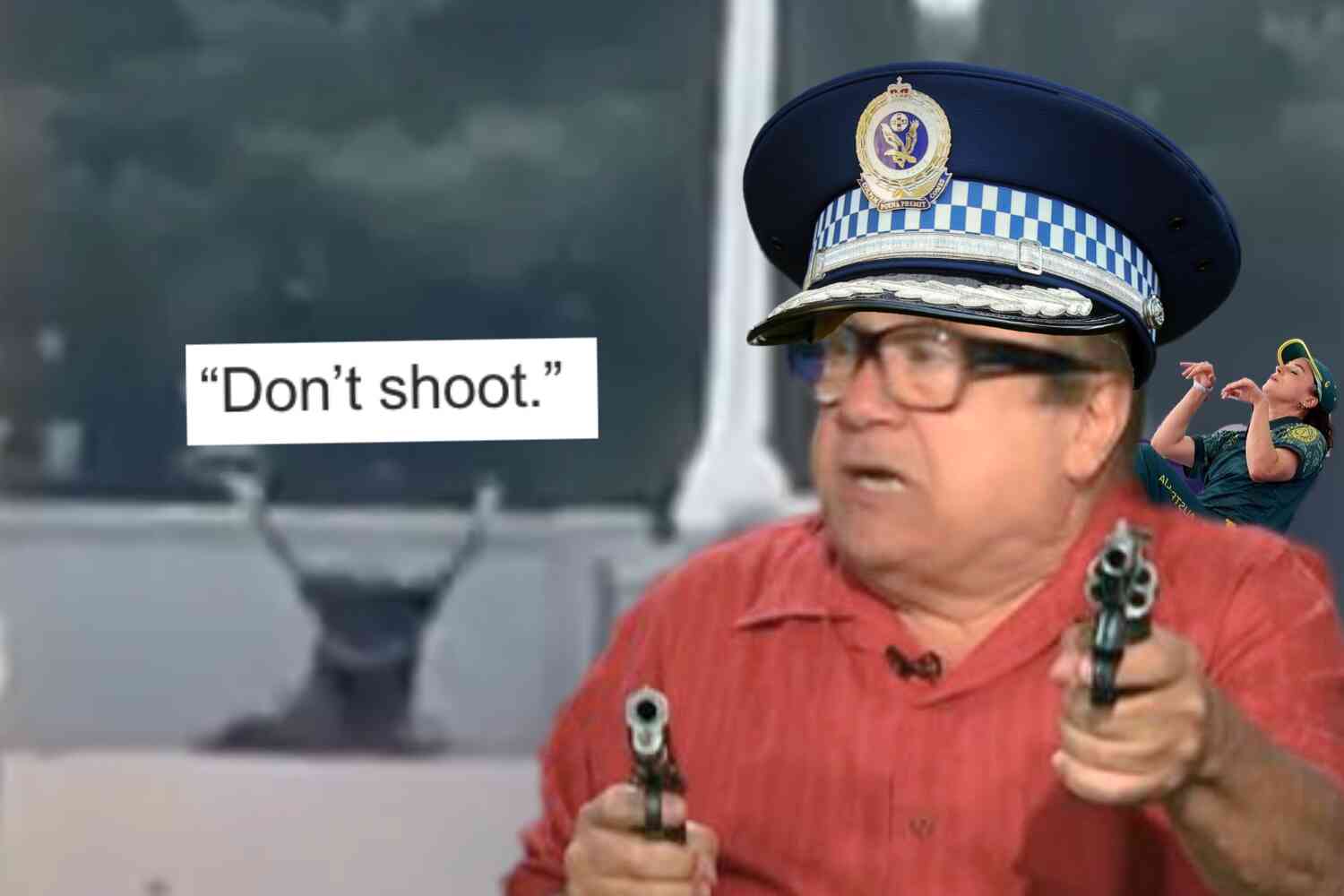One question. It's always been one question.
If you haven't seen it, you need to. Podcaster Tim Pool was having a discussion with a self-proclaimed "pro-choice" activist. First of all, I've written before how creepy I think men who argue in favor of legal abortion come across. Knowing how frequently unscrupulous men use abortion to evade responsibility, how they use the invasive and dangerous procedure as a method to sexually abuse women and girls without consequence, any man who openly advocates for the legality of the procedure is always suspect.
That's not to say such men will make their true intentions apparent. They have learned the arguments, the talking points that gaslight the gullible into believing their intentions are noble and motives are pure. They're "male feminists," they believe in the "bodily autonomy" of women, they think no man should tell a woman what she "can or can't do with her body."
Like I said, if you haven't seen Tim Pool shatter that veneer, you should:
Watching that brings an obvious sense of satisfaction for those of us who believe in extending human rights to the full breadth of humanity rather than arrogantly restricting it to those deemed "convenient" and "wanted." But there's also a sense of frustration that can and should be felt realizing how complicated we have allowed this issue to become.
For as much as I appreciate pro-life apologetics, as much as I respect those who faithfully and diligently debate the finer points of public policy as it relates to the issue of abortion, the morality of the issue has always hinged around one straightforward question:
"What is conceived in the womb?"
If it's something other than a human life, then by all means, let's discuss the extent of bodily autonomy, let's have discussions about the proper role of the state in involving itself in the health and medical choices of its citizens. But if we all agree that a government has a legitimate responsibility to outlaw and police the destruction of human life, then the primary question that must be answered before we begin discussing anything else is whether we are dealing with a human life.
To be sure, this isn't some kind of deep, philosophical observation. Everyone understands this, even if a significant number of us want to obscure and conceal it. Remember it was just a few months ago that comedian Bill Burr acknowledged it in a foul-mouthed but surprisingly prescient and perceptive bit:
Warning: Language
I've wondered on a number of occasions how many of those worldly people in crowd that night thought about the abortion issue in a way they had never allowed themselves to consider. In his own crude but surprisingly well-defined way, Burr was drawing attention to a question the majority of that audience had likely never encountered: what is conceived in the womb?
For all his eccentric tactics and controversial antics, that was something I remember the late Colorado radio host Bob Enyart understood. As a result, this exchange with Ilana Goldman, then president of Women's Campaign Forum, remains perhaps the most thorough dismantling of the legal abortion position that I've ever seen.
Devastating. And it was all done through simple questions: is that "thing" in the womb that's moving, is that "thing" living? Though Goldman wouldn't answer, and embarrassingly pretended that Enyart was playing some kind of "game," everyone understands the being in the womb is living. So then, if it's living, what is it? Goldman wouldn't answer that question either because she knows what that would do.
If it's not human, then she must answer what it is. If it is human, then she must answer (1) why she believes it's okay to deny certain human beings their human rights, and (2) at what point that being is to be granted human rights.
Of course, the moment she provides an answer to when a child gets human rights, notice what she is doing – using the government to impose her view of what can be done to another human body. But isn't that the very thing that pro-choice activists pretend they oppose?
It's the silver bullet for those of us who promote full human rights. It's why I recommend to anyone interested to not take a step into a political debate over abortion until this singular, fundamental question is answered.
It's always been one question.
Disclaimer: The opinions expressed in this article are those of the author and do not necessarily reflect the opinions of Not the Bee or any of its affiliates.









